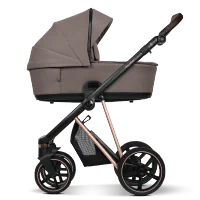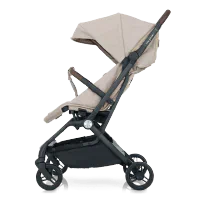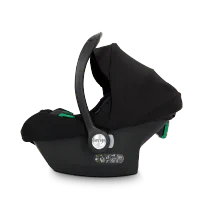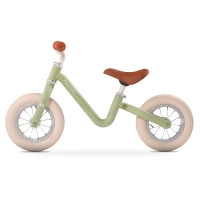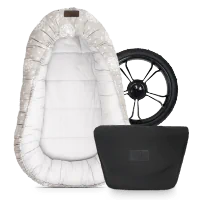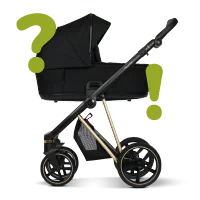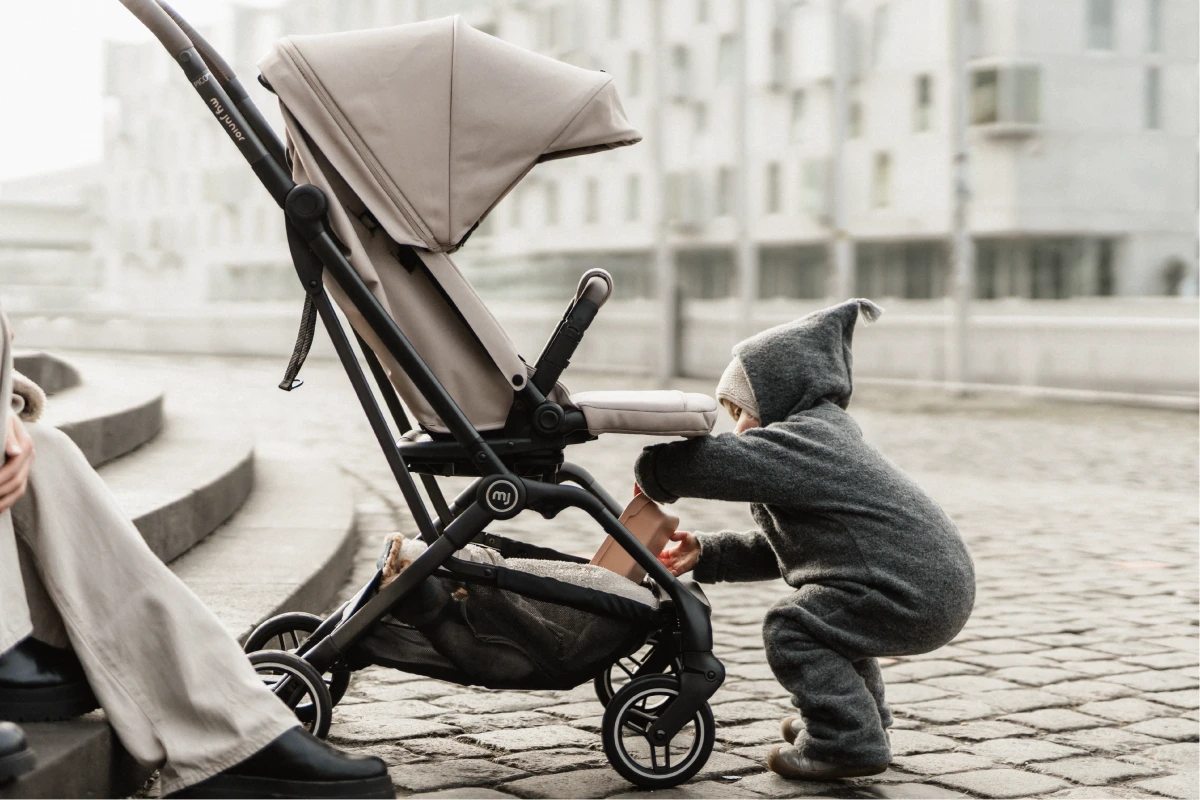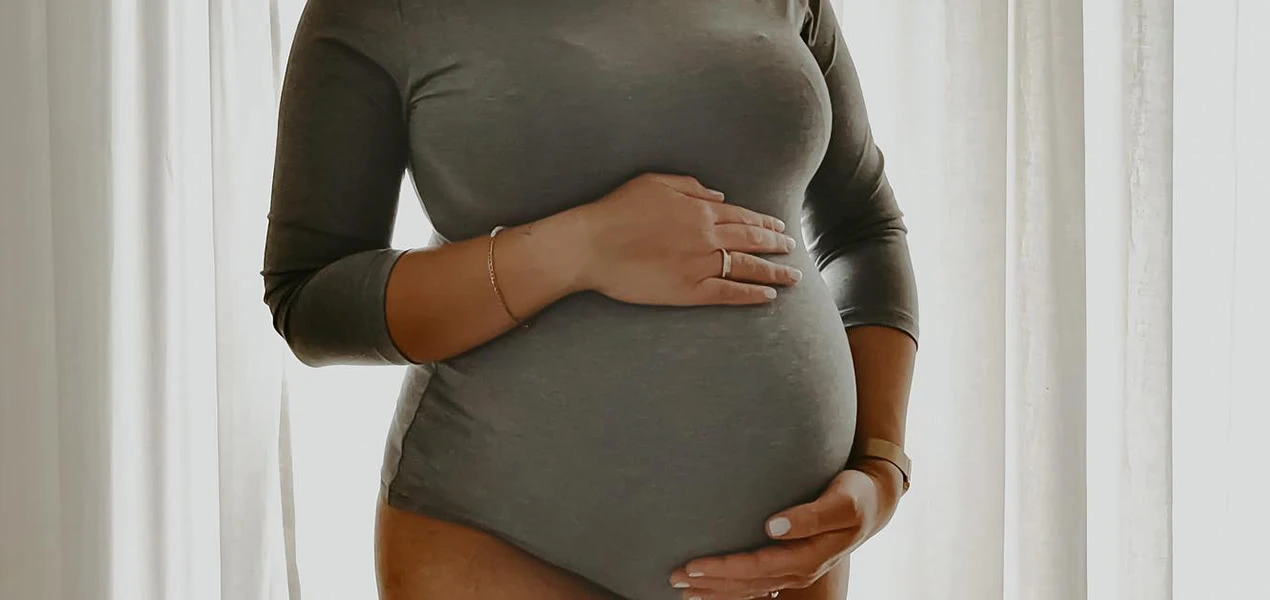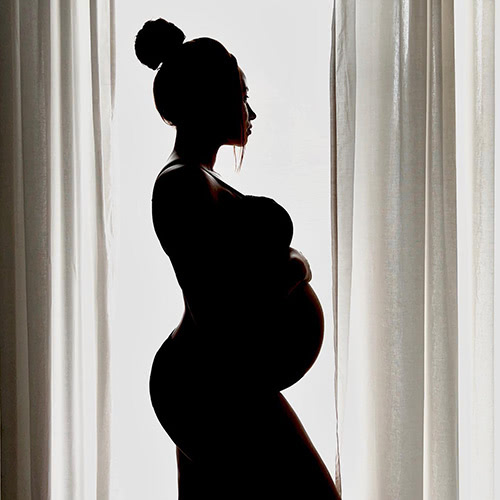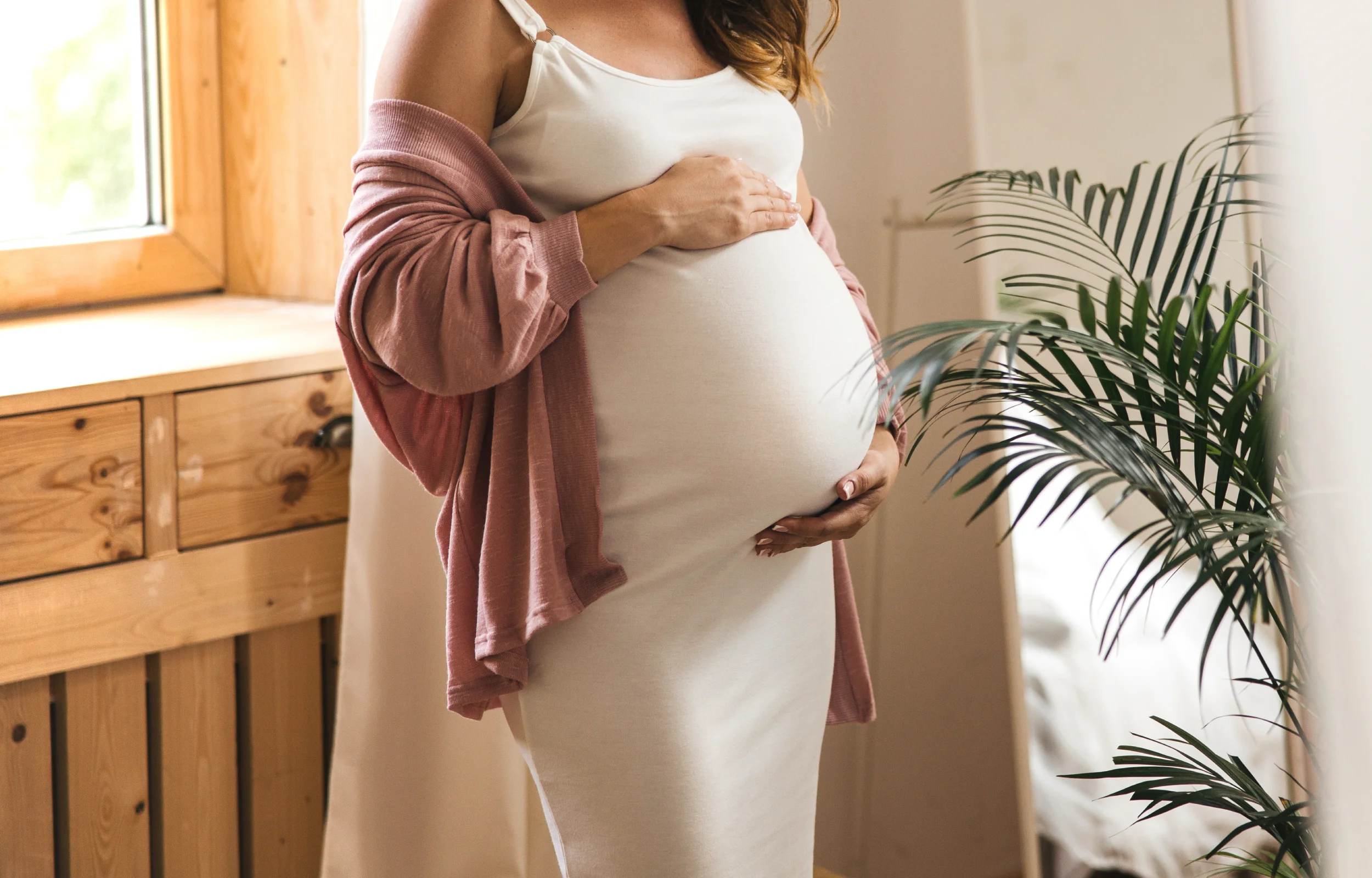
30th Week of Pregnancy (Week 30)
Welcome to the 30th week of pregnancy. You are now right in the middle of your third trimester and approaching the grand finale of your pregnancy. Your baby is now incredibly busy – steadily gaining weight in preparation for life outside your belly. The movements of your baby are becoming stronger and more noticeable, creating a wonderful connection to your little one.
For you as an expectant mum, this phase can be both exciting and challenging. Your baby bump continues to grow and your body is working at full speed. You may now be feeling the signs of the upcoming birth more strongly or find yourself thinking about the final weeks. Your baby is now about the size of a romanesco – an impressive size.
In this article, you’ll find everything you need to know about your baby’s development, changes in your body, and valuable tips for the 30th week of pregnancy.
Your Baby in Week 30:
- Your baby now measures approx. 40–41 cm and weighs 1300–1400 grams.
- Your little one is busy building up fat reserves to help regulate their body temperature after birth.
- The lungs continue to mature and your baby practises breathing movements with amniotic fluid.
- The brain is developing at full speed with ever more complex connections and functions.
- The senses are now well developed and your baby is moving vigorously.
Your Body in Week 30:
- Your uterus now extends about 10 cm above your belly button and your body continues to work at full capacity.
- Back pain, heartburn and shortness of breath are now completely normal.
- You may experience water retention more often.
- Your breasts are preparing for breastfeeding, and colostrum may already leak out.
Your Baby’s Development in the 30th Week of Pregnancy
In the 30th week of pregnancy, your baby reaches an impressive length of about 40 to 41 cm (crown-to-heel) and weighs a proud 1300 to 1500 grams. That’s about the size of a romanesco. This rapid growth mainly serves to build up fat reserves, which are crucial for regulating body temperature after birth. Your baby’s skin is now becoming smoother and taking on a fuller shape thanks to the increasing layer of fat underneath. The fine lanugo hair is now beginning to recede.
The lungs continue to mature and the production of surfactant, an important substance in the lungs, is increasing. Your baby continues to practise breathing movements by inhaling and exhaling amniotic fluid. The brain is also developing at a rapid pace: its surface is becoming increasingly complex, and the nerve cells are networking further to coordinate the various functions. Brain development is now in the final sprint.
Your baby’s senses are now highly developed. They can clearly hear your voice and that of your partner, and react to external sounds. Their eyes are often open, and your little one can distinguish well between light and darkness.
Your baby now has a sleep-wake rhythm, which doesn’t always match yours. Movements are now more targeted: fewer somersaults, but stronger kicks or stretches, which you might feel under your ribs. The foundations for milk teeth are also already forming.
Between the 29th and 32nd week of pregnancy, the third scheduled ultrasound scan takes place. During this, the position, size, weight, amount of amniotic fluid and the placenta are examined particularly closely.
Your Body in the 30th Week of Pregnancy
Week 30 marks a noticeable stage in the third trimester. Your baby bump is now unmistakeable, and your uterus extends about ten centimetres above your navel. Your body is working hard to support your child’s rapid growth.
Many expectant mothers experience increased physical symptoms during this phase: back pain, heartburn, and shortness of breath are common. Your uterus is pressing on your stomach, so small meals are advisable. Skin stretching can cause itching – take regular care of your skin. From now on, you may experience more frequent practice contractions, making your belly feel hard.
Fluid retention in your hands, feet, and legs is also normal in week 30. Choose comfortable footwear and put your feet up when you can. Your blood volume has increased significantly, which is important for your baby’s supply, but can also make you feel tired. Your breasts are preparing intensely for breastfeeding, and colostrum may already leak out.
You might feel the nesting instinct – the urge to prepare and set up everything. Don’t overdo it, and make sure to take breaks. Emotionally, week 30 is also intense: excitement, tension, and impatience come and go.
Tips for Week 30:
- 💡 Optimise sleep: Sleeping on your side (left) and a nursing pillow help you rest better.
- 💡 Watch your diet: Eat iron- and calcium-rich foods, and small meals to help with heartburn.
- 💡 Gentle exercise: Walking, yoga, and swimming promote good circulation and relieve discomfort.
- 💡 Birth preparation: Attend courses now, learn breathing techniques, plan your birth.
- 💡 Pack your hospital bag: Prepare early, use a checklist for all important items.
- 💡 Apply for parental allowance: Find out about deadlines and prepare the paperwork.
The Most Common Questions about Week 30
How much weight gain is typical in week 30?
By the 30th week of pregnancy, many mothers have gained between 8 and 11 kilograms. This depends on your starting weight and will be monitored by your doctor or midwife.
What does it mean if the baby's movements become less frequent?
In general, your baby's movements should still be regularly noticeable. Space in the womb is getting tighter, but your baby is still very active. If you notice a significant decrease or absence of your little one’s movements, contact your doctor or midwife.
What is colostrum, and is it normal for my breasts to produce it now?
Colostrum is the nutrient-rich first milk that your breasts can produce during pregnancy. It is completely normal if you notice colostrum leaking in week 30 or in the last few weeks. This shows your breasts and the organs involved in breastfeeding are preparing for milk production and birth.
How can I best prepare for the birth?
You can prepare well for your birth: talk to your doctor or midwife and make a birth plan together. Pack your hospital bag at your own pace and, if you wish, attend a childbirth preparation course. Our tip: Read your pregnancy calendar to see what to expect, and take your partner along for the hospital registration – together it just feels better.
What position is the foetus usually in at week 30?
The foetus still has enough room to change position at week 30. It can still turn, but many babies are slowly starting to move into the head-down position, known as the cephalic position. The ligaments in your body support this change.
Is a premature baby born at week 30 viable?
Yes, a baby born in the 30th week of pregnancy has very good chances of growing up healthy nowadays, thanks to modern medicine and loving intensive care. Many important organs, such as the lungs, are already developed enough to continue maturing with some support. Your little miracle will still need time and plenty of care outside your belly to adjust to life. With the right care and your closeness, your baby has the best chances of coming home fit and strong very soon.

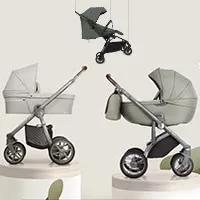 Pushchair
Pushchair 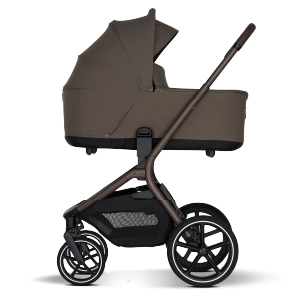 MAVI
MAVI 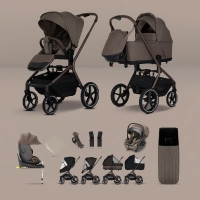 MAVI Bundle
MAVI Bundle 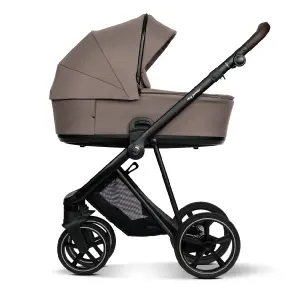 VIGO²
VIGO² 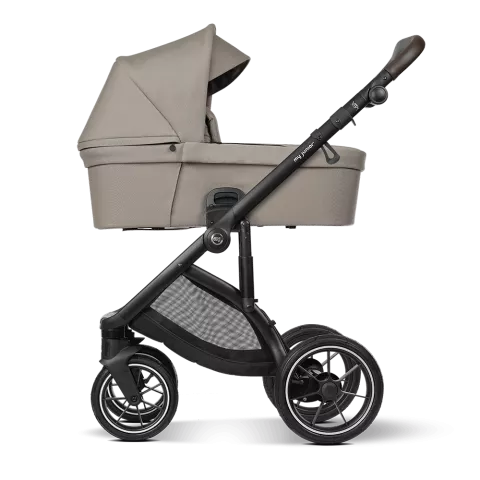 VITA unique³
VITA unique³ 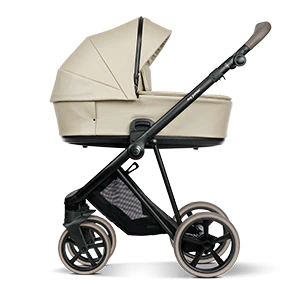 VIGO² Alcantara
VIGO² Alcantara 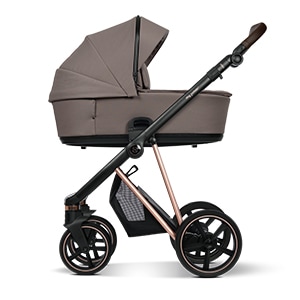 VIGO
VIGO 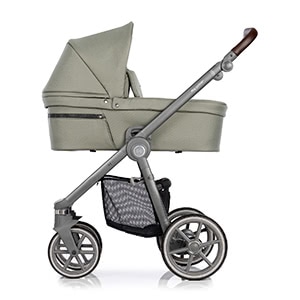 VITA HOPE
VITA HOPE 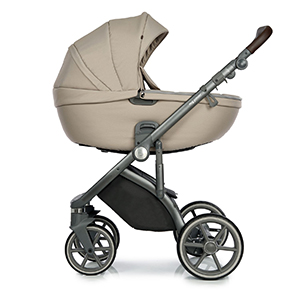 VITA unique²
VITA unique² 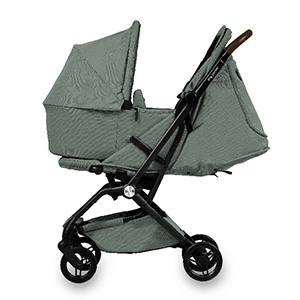 PICO³ with tub
PICO³ with tub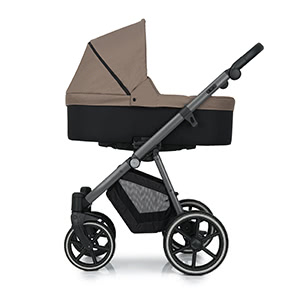 NOAX²
NOAX² 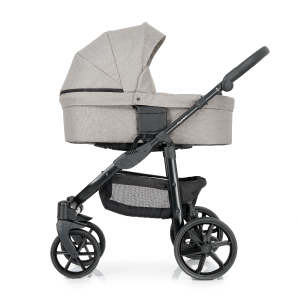 MIYO²
MIYO²  Pram tests
Pram tests  Consultation
Consultation  Buggies
Buggies 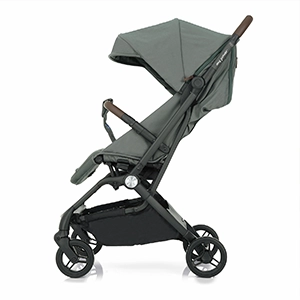 PICO³
PICO³ 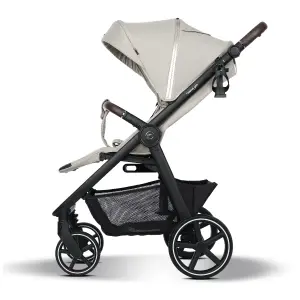 PLIA²
PLIA² 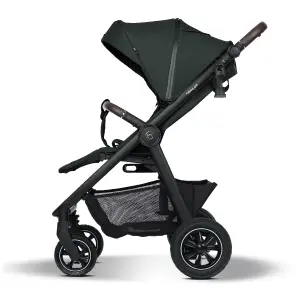 PLIA² Air
PLIA² Air 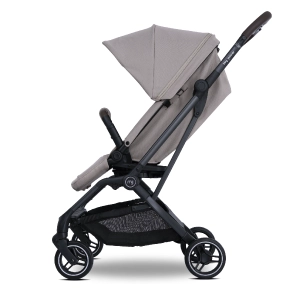 PICO³⁶⁰
PICO³⁶⁰ 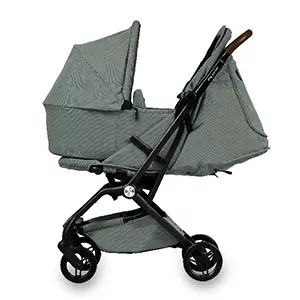 PICO³ with tub
PICO³ with tub 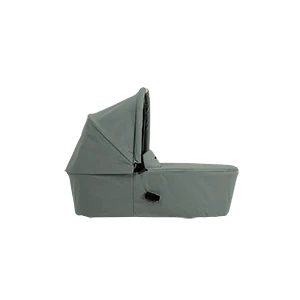 PICO tub
PICO tub 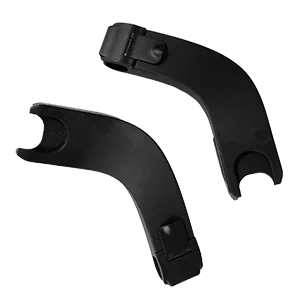 PICO infant car seat adapter
PICO infant car seat adapter  Limited Editions
Limited Editions 

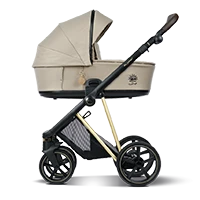
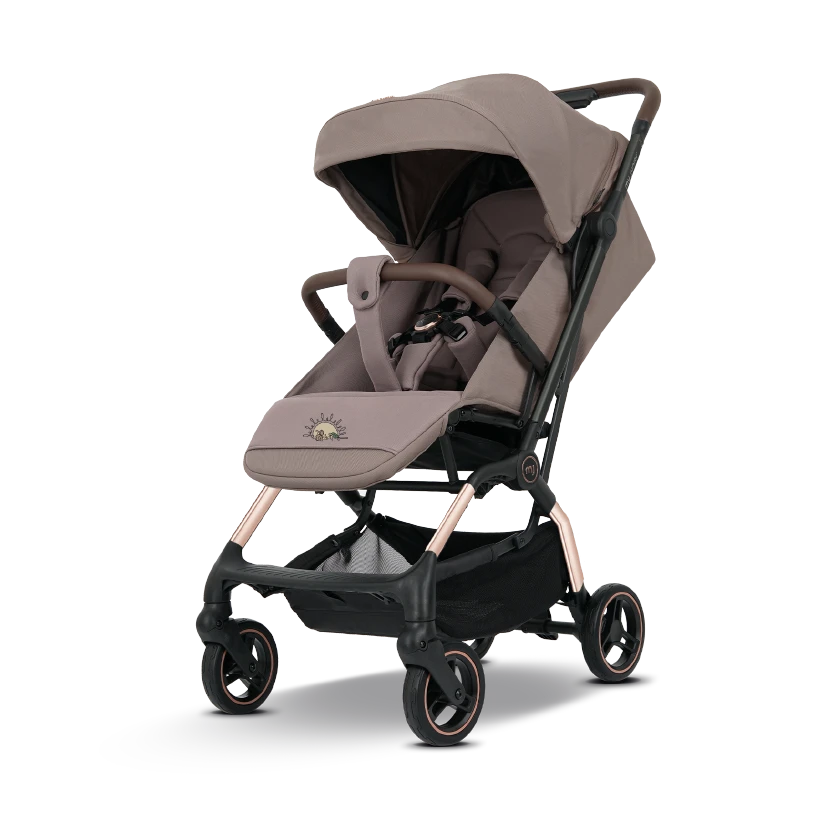


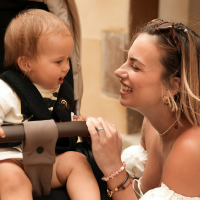
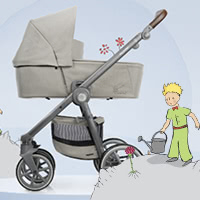
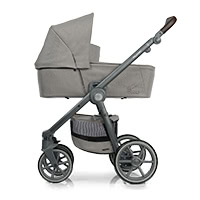
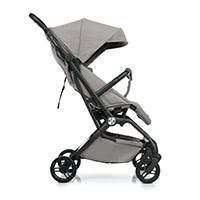
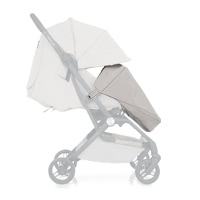

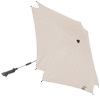 Limited Edition Parasol
Limited Edition Parasol 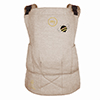 Limited Edition Baby Carrier
Limited Edition Baby Carrier  Child seats
Child seats  All Isofix Bases
All Isofix Bases  AURAᵉʳᵍᵒ
AURAᵉʳᵍᵒ  Aura Pro
Aura Pro  Beam
Beam 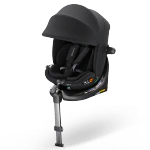 Cyro 360
Cyro 360 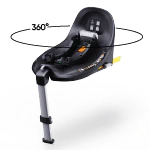 Base 360
Base 360 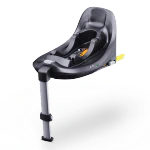 Base Static
Base Static 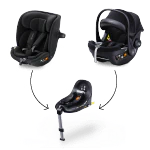 Capsule System
Bundle
Capsule System
Bundle  Beam Bundle
Beam Bundle 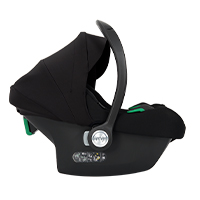 Avionaut Cosmo
Avionaut Cosmo 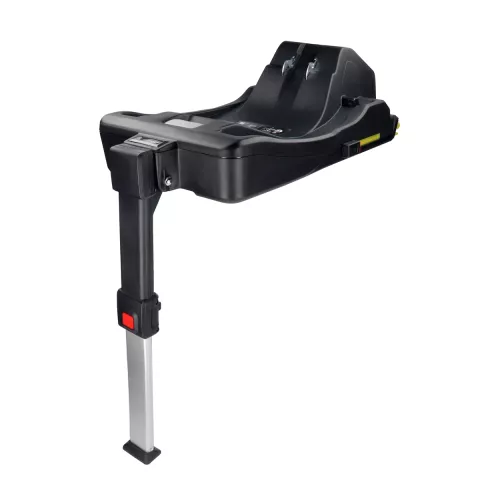
 Love Sale
Love Sale
 Reviews
Reviews  Read reviews
Read reviews  Write a review
Write a review 
 Home
Home  Fabric sample
Fabric sample  Baby carriers
Baby carriers  LUVA
LUVA  NAMI
NAMI  NAMI with ring
NAMI with ring  Accessories
Accessories  Vouchers
Vouchers  Discover my junior®
Discover my junior®  About us
About us  In your vicinity
In your vicinity  All my junior
All my junior Flagship Store
Aachen
Flagship Store
Aachen  Flagship Store
Hamburg
Flagship Store
Hamburg  Flagship Store
Salzburg
Flagship Store
Salzburg  Flagship Store Binzen
Flagship Store Binzen
 Flagship Store
Krefeld
Flagship Store
Krefeld  Studio Cologne
Studio Cologne  Studio Trier
Studio Trier  Studio Braunschweig
Studio Braunschweig
 Studio Metzingen
Studio Metzingen
 my junior® pram in
Switzerland
my junior® pram in
Switzerland  Help and Contact
Help and Contact  Useful
Useful  Career
Career  Press
Press 


